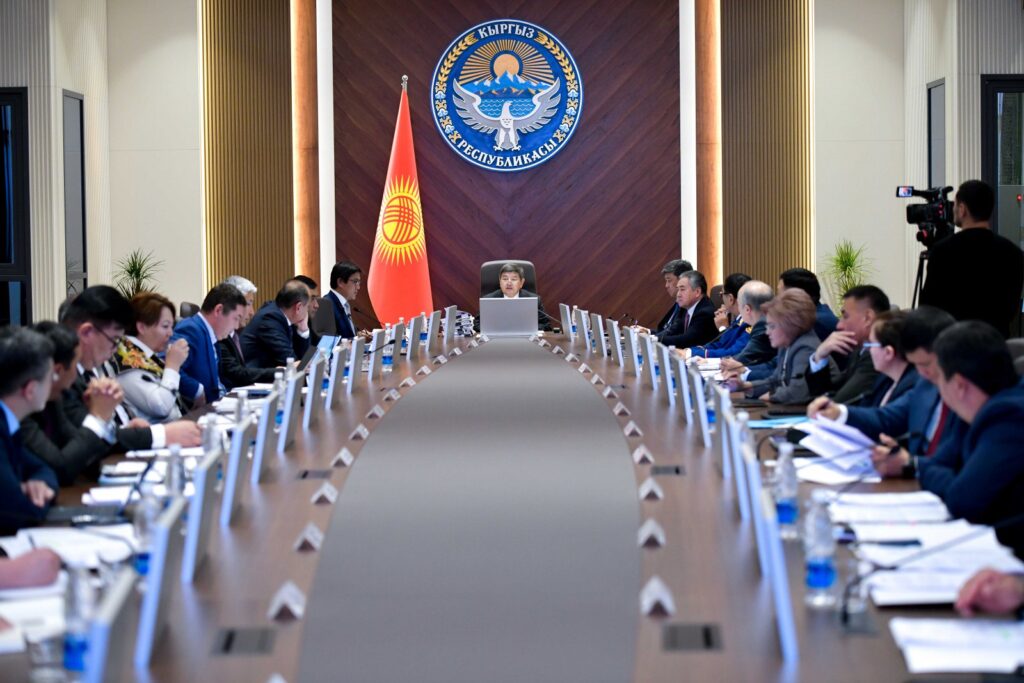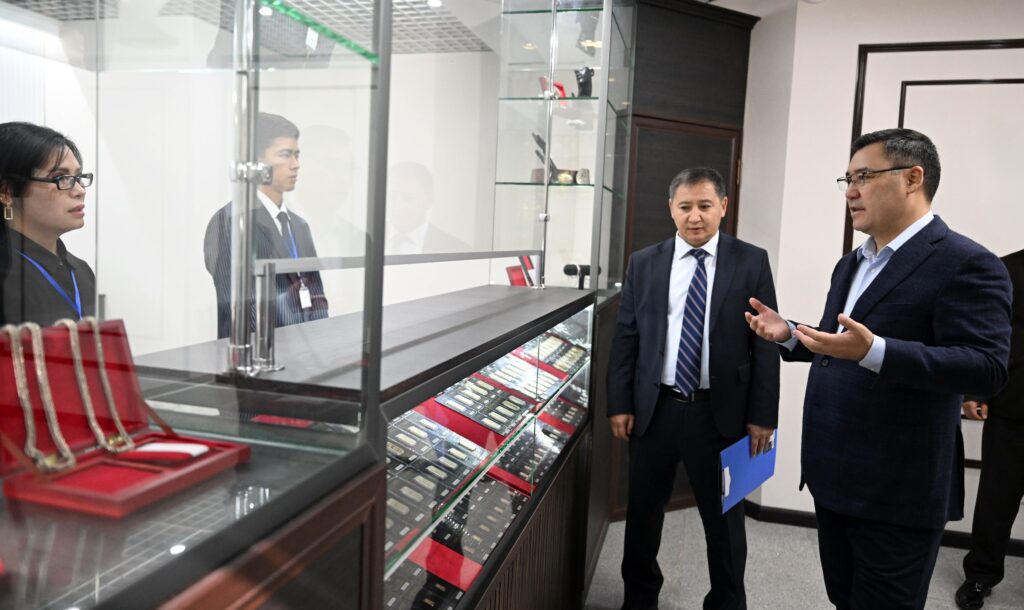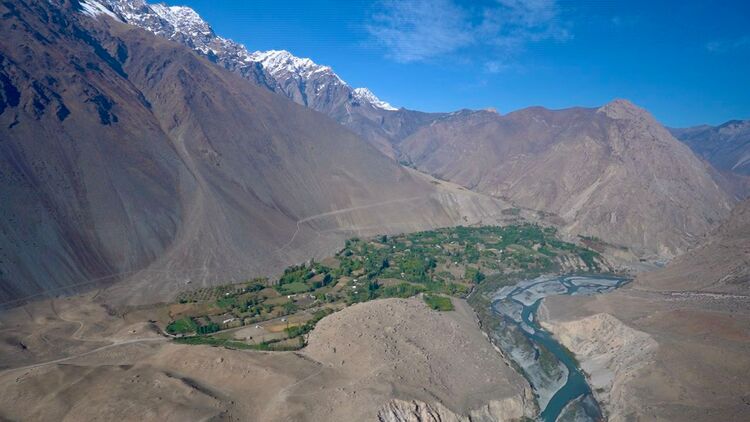Kyrgyz Economy Is on the Rise
Government statistics and independent analysts note growth in almost all sectors of the Kyrgyz economy The most significant increase is recorded in the construction sector, which in turn, has positively impacted other sectors, such as industrial production, agriculture, and foreign trade. Speaking to The Times of Central Asia, macroeconomics expert Nasirdin Shamshiev remarked: “This year, due to favorable weather, twice as many beets, and one and a half times more barley and wheat were harvested. Due to the high rate of construction of small hydropower plants, the energy sector is also showing good growth. In addition, the production of construction materials has increased, and textile production is growing. Exports for the first eight months of 2024 increased by 13.5%, and imports by 8.1%." According to Shamshiev, the good economic dynamics were influenced by several factors: the strengthening of fiscal rules, fighting corruption and illegal financial flows, and a balanced monetary policy. Earlier, Kyrgyzstan' president Akylbek Japarov, held a meeting of the Cabinet of Ministers, during which the socio-economic development results for the first nine months of 2024 were summarized. According to Japarov, Kyrgyzstan's GDP grew by 8.4%. However, gold exports, traditionally the economy's leading revenue-generating sector, have declined this year; a situation previously reported by The Times of Central Asia with reference to a decline in production at Kumtor, the country's largest gold mine. According to the Prime Minister's information, 37% of the growth in the construction sector provides an increase in industrial production in Kyrgyzstan. Data also shows that over the past year, following the launch of the Chinese oil refinery Junda near Bishkek, the production of refined petroleum products almost doubled. Hailing the success of recent ventures, Japarov stated: “The growth rate of our economy is nothing short of encouraging. We are now implementing the Leap of the Leopard program and approaching our set ambitious goals and objectives."
3 months ago






